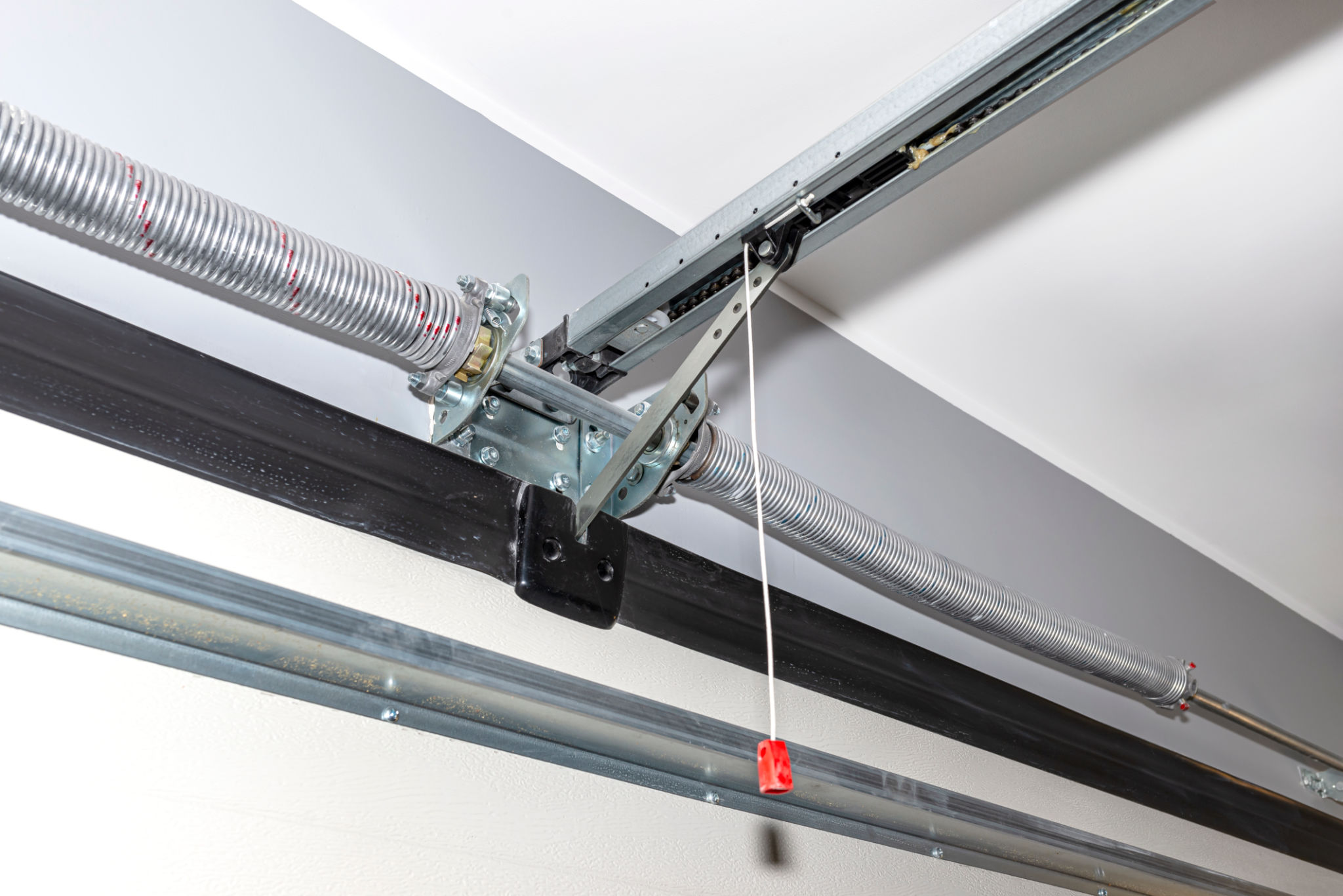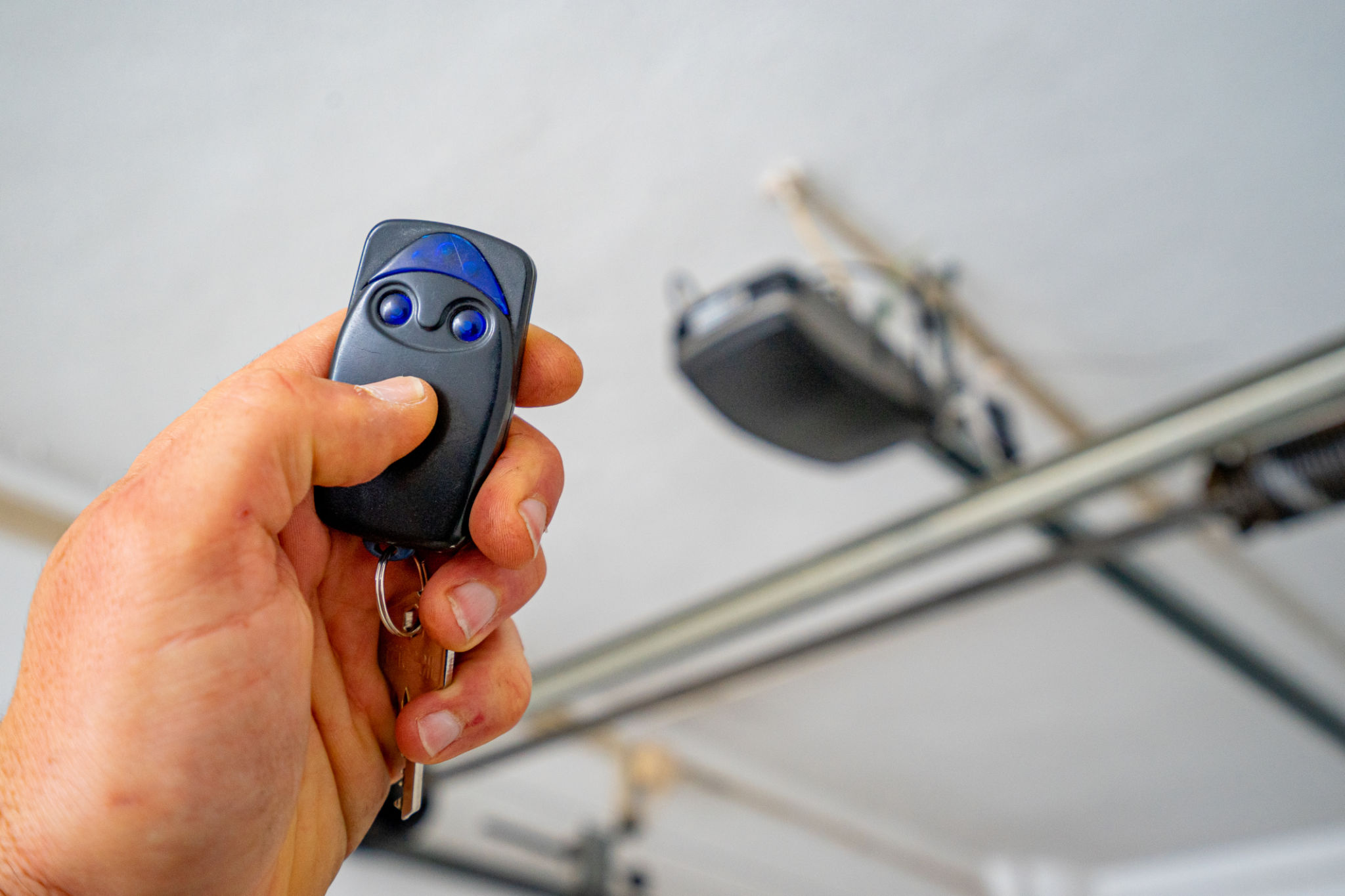Garage Doors and Energy Efficiency: How to Save on Utility Bills
The Importance of Garage Door Insulation
When considering home energy efficiency, many homeowners overlook the impact of their garage doors. However, an insulated garage door plays a crucial role in maintaining the overall temperature of your home. A well-insulated garage door can help you save significantly on your utility bills by reducing the amount of energy needed to heat or cool your house.

How Insulation Works
Insulation in garage doors works by creating a barrier that prevents heat transfer between the inside and outside of the garage. This is especially beneficial for homes with rooms above or adjacent to the garage, as it helps maintain a consistent indoor temperature. The effectiveness of insulation is typically measured by its R-value, with higher values indicating better insulating properties.
Choosing the Right Garage Door Material
The material of your garage door also plays an important role in energy efficiency. Common materials include steel, wood, and aluminum, each offering different levels of insulation and durability. Steel doors are often favored for their strength and insulation potential, while wooden doors provide a classic aesthetic but may require more maintenance.

Weather Stripping and Seals
In addition to insulation, weather stripping and seals around the garage door edges are essential for preventing drafts and air leaks. These components ensure that your garage door fits snugly against the frame, minimizing heat loss. Regularly checking and replacing worn-out weather stripping can further enhance your garage door's energy efficiency.
Automated Garage Door Openers
Modern garage door openers can contribute to energy savings as well. Many models offer features like timed closing and energy-efficient lighting, which reduce unnecessary energy consumption. Opting for an opener with a standby mode can also help lower energy use when not in operation.

Regular Maintenance for Optimal Performance
Maintaining your garage door is key to ensuring its energy efficiency. Routine checks can identify issues such as misalignment or damaged panels that could compromise insulation. Lubricating moving parts and tightening hardware are simple tasks that can enhance both the performance and energy efficiency of your garage door.
Benefits Beyond Energy Savings
Investing in an energy-efficient garage door offers benefits beyond reduced utility bills. It can also enhance your home's curb appeal and increase property value. Additionally, improved insulation can create a more comfortable environment, particularly if you use your garage as a workshop or storage space.

Steps to Improve Garage Door Efficiency
If you're looking to improve your garage door's energy efficiency, consider these steps:
- Inspect and upgrade insulation materials.
- Replace outdated or damaged weather stripping.
- Consider investing in an insulated steel door.
- Upgrade to an energy-efficient garage door opener.
By taking these actions, you can significantly reduce your home's energy consumption and enjoy the long-term benefits of a more efficient living space.